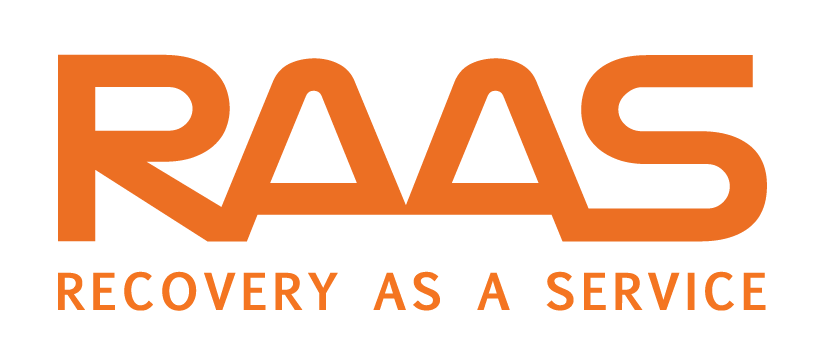A backup is the copy of important files to another storage device, be it external disks, pens, CD’s or storage in the Cloud. Backup is one of the key measures of information protection, since it ensures that the data is safe and secure even in cases of problems with machines and computer attacks. Unfortunately, there are still companies that do not value backup and do not do it regularly. So when a problem happens, they lose important information for the business. In today’s article, and to help you protect your most important information, we present the best practices to ensure the effectiveness of your data backup.
Consciously choosing the backup location
There are several possibilities for storing the copy of your data and you should choose the location most appropriate to the relevance of your data. Currently, one of the options most chosen by IT managers is the storage in the Cloud, since it has high levels of security and allows access to data from any device. In case of very important data and totally necessary for the good operation of the business, it is advisable to make more than one copy of the same. So, even if one of the sites suffers some kind of computer attack, it will be able to access the data! Although there are mechanisms that ensure the ability of all users to access resources, cloud backup services must be monitored. This point is essential because despite the assurance that the contracted solution is always available and at the highest performance level, there is always a probability that the company will have difficulty accessing the resources needed for its day-to-day work.
Perform backups frequently
Backups must be daily, because only then you will be able to guarantee that none of your most important information is lost. Performing backups only at the end of the work day can jeopardize all the work done on that day. Thus, more and more companies are working on their documents in online solutions such as Office 365, which stores all information automatically.
Choose what will be stored
Once you have defined how you store and how often backups should be, you must define which information you want to back up. Being selective at the time of backup will make your storage more efficient as there will be no duplicate data unnecessarily. There are applications that check the data redundancy at the time of backup because you can detect data that has not changed since the last backup and so do not need a new copy.
Test your backups
Backups exist to be used in case of data loss, so a backup that does not work is of no use. It is important to manually test the backups you have made, so that potential break-up of files during the making of the copies is timely. Ensuring that backups are up and running is one of the most important practices, but also one of the most underestimated.


1 thoughts on “Best practices to ensure the effectiveness of your data backup”